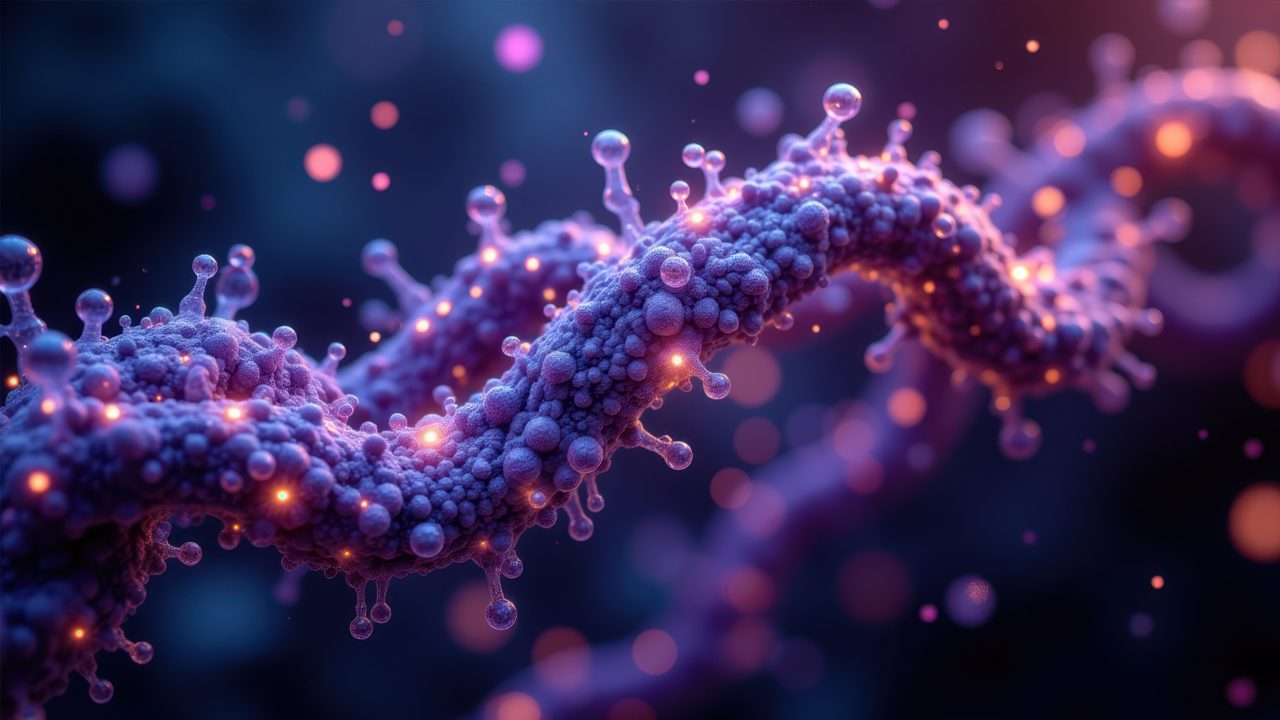

Chemistry AI
Robustness, flexibility and creativity
We provide AI chemistry capabilities through our partner Allchemy by SciY. Allchemy’s drug-discovery platform combines state-of-the-art computational synthesis with AI algorithms to predict molecular properties. Within minutes, it creates thousands of synthesizable lead candidates meeting user-defined profiles of drug-likeness, affinity towards specific proteins, toxicity, and a range of other physical-chemical measures. At the push of a button, drug-like scaffolds are created de novo or evolved from user-defined fragments; syntheses are ranked for efficiency and greenness, and are propagated from either user-specified substrates, AI-suggested chemicals, or renewable resources.
In contrast to data-driven AI tools (largely limited to positive examples), Allchemy by SciY is based not only on expert curated rules, but also physical organic heuristics describing outcomes previously not reported.
Features
- > 40K expert coded reaction rules
- > 600 potentially conflicting groups / competing reactions
- Quality of predictions increased by negative data incorporation
- Reaction categorization by scale
- Byproducts tracking
- Evaluation of routes by green chemistry criteria
- AI algorithms for close loop synthetic optimization
- Molecular properties evaluation algorithms
- Individual server or orchestrated networks
Platform operates both in the retrosynthesis mode (to propose syntheses of predefined molecules) and forward synthesis modes, proposing green chemistry alternatives and information about hazardous compounds.
Use Cases
Retrosynthesis Planning
Synthesizability Assessment
Forward Synthesis of Focused Libraries
Waste to drug
Discovery of New Reaction Types and New Multicomponent Reactions
Videos
Peer Review Publications
1. Wołos, A., Koszelewski, D., Roszak, R. et al. Computer-designed repurposing of chemical wastes into drugs. Nature 604, 668–676 (2022). https://doi.org/10.1038/s41586-022-04503-9. Angello, N. H. et al. Closed-loop optimization of general reaction conditions for heteroaryl Suzuki-Miyaura coupling. Science 378, 399-405 (2022). https://doi.org/10.1126/science.adc8743
2. Baczewska, P., Kulczykowski, M., Zambroń, B., Jaszczewska-Adamczak, J., Pakulski, Z., Roszak, R., Grzybowski, B. A. & Mlynarski, J. Machine Learning Algorithm Guides Catalyst Choices for Magnesium-Catalyzed Asymmetric Reactions. Angew. Chem. Int. Ed. 63, e202318487 (2024). https://doi.org/10.1002/anie.202318487
3. Klucznik, T., Syntrivanis, LD., Baś, S. et al. Computational prediction of complex cationic rearrangement outcomes. Nature 625, 508–515 (2024). https://doi.org/10.1038/s41586-023-06854-3
4. Strieth-Kalthoff, F., Szymkuć, S., Molga, K., Aspuru-Guzik, A., Glorius, F. & Grzybowski, B. A. Artificial Intelligence for Retrosynthetic Planning Needs Both Data and Expert Knowledge. J. Am. Chem. Soc. 146, 11005-11017 (2024). https://doi.org/10.1021/jacs.4c00338
5. Grzybowski, B. A., Badowski, T., Molga, K. & Szymkuć, S. Network search algorithms and scoring functions for advanced-level computerized synthesis planning. WIREs Comput. Mol. Sci. 12, e1630 (2022). https://doi.org/10.1002/wcms.1630

